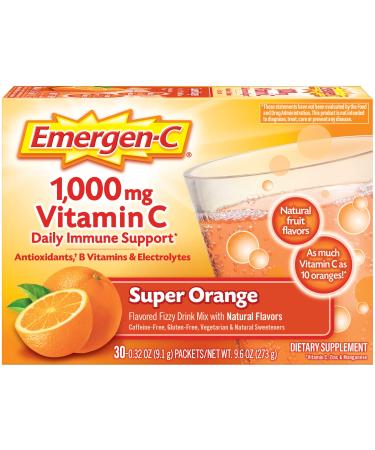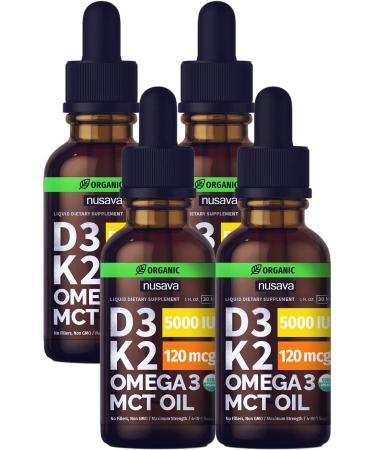The B-complex vitamins group is comprised of eight water-soluble B vitamins that are known to be essential for normal physiological functioning and are key contributors to the maintenance of optimal human health. B vitamins play important roles in cell metabolism, supporting DNA and enzyme functions and energy production, and are keys in maintaining healthy skin and hair, as well as supporting bone, cardiovascular and cognitive functions.*
B vitamins are not synthesized by the body and must come from foods, fortified foods, and dietary supplementation. Doctor's Best Fully Active B Complex contains all eight important B Vitamins, a full spectrum designed for optimal absorption and utilization to support overall health and well-being. This formulation provides the B vitamins in their safest, best tolerated, and most biochemically active forms and includes vitamin C for added stability. It is hypoallergenic, with no unhealthy colorants or additives.
Quatrefolic is the glucosamine salt of 5-methyltetrahydrofolate, the most bioavailable form of folate, that provides greater stability and water solubility.* Folate is an essential vitamin to support DNA, proper cell division, cardiovascular, mental and emotional well-being.*
EXTENDED BENEFITS
B vitamins are essential for normal growth, metabolism and reproduction. They are water-soluble micronutrients and therefore are readily absorbed from the gut and easily eliminated via renal excretion. In general, individual B vitamins are referred to by their specific name. Dietary supplements containing all eight vitamins are usually referred to as vitamin B complex: Vitamin B1 (Thiamine), B2 (Riboflavin), B3 (Niacin), B5 (Pantothenic acid), B6 (Pyridoxine), B7 (Biotin), B9 (Folic acid/folate), and vitamin B12 (Cyanocobalamin). B vitamins are essential because certain chemical reactions cannot happen in the body without them and any deficiency of one of them can lead to disorders specific to the deficient B vitamin.1 For each B vitamin, the Food and Nutrition Board (FNB) has listed the daily RDA (Recommended dietary allowances of intake sufficient to meet the nutrient requirements of nearly all (97%–98%) healthy individuals).
Helps Support Energy Production*
Vitamins are micronutrients that are vital to our health. Like all other vitamins, B vitamins are needed in relatively small amounts but must be obtained on a daily basis because the body cannot manufacture them (or cannot make adequate amounts).
Many of the enzyme systems that manage energy generation, methyl group transfers, antioxidant defense, and numerous other metabolic pathways require more than one B vitamin in order to function. As examples, two key energy enzymes (pyruvate dehydrogenase and ketoglutarate dehydrogenase) require vitamins B1, B2, B3 and B5 to do their jobs. The methyl transfer enzyme that recycles homocysteine (methionine synthase) must have both fully active folate and fully active vitamin B12 available, in order to carry out its pivotal function. The microscopic "power plants" of our cells (mitochondria), which generate over 90 percent of our life energy, need all the B vitamins to make energy. In particular, mitochondria cells require thiamin to generate energy, but elsewhere in the cells it is also required for energy generation. Niacin (and niacinamide) is fundamentally essential for numerous enzymes that make and use energy.
Helps Support Body Metabolism and New Cells*
Among a diverse range of biological functions, B-complex vitamins act as important co-factors or co-enzymes in many metabolic processes in the human body. Vitamin B1 is fundamental to human metabolism because it is essential for the metabolism of oxygen. This B vitamin is important for metabolizing amino acids, the building blocks of proteins but is especially important for managing sugar and other carbohydrates, and can be depleted by high-carbohydrate diets. Vitamin B3 helps the liver maintain healthy cholesterol levels, as verified by multiple proven trials. It is also essential for detoxifying alcohol and is readily depleted by excessive alcohol intake or by smoking. Vitamin B6 is essential for at least 112 enzymes that metabolize carbohydrates, amino acids, and fatty acids—some 3% of all the known human enzymes. It is also essential for routing potentially harmful homocysteine along the "trans-sulfuration" pathway to produce glutathione and other important sulfur antioxidants.16 Pantothenic acid is an essential B vitamin involved in the making of coenzyme A ("CoA"), a fundamental metabolic factor. Our cells use CoA to make amino acids, proteins and hormones, to metabolize fats into useful fatty acids, and to build cell membranes. CoA with its pantothenate component is also an absolute requirement for the major energy-generating enzymes. Because freezing, canning, and refining deplete this vitamin from foods, people are at risk of having low level of pantothenic acid vitamin in their body.
Helps Support DNA, the Body's Genetic Blueprint*
Folate (as methyl-tetra-hydro-folate or MTHF, Quatrefolic) is a major dietary source of methyl groups that are essential for a number of enzymes that make DNA, repair damaged DNA, and regulate gene activity via epigenetic actions. Folate's central importance for such "housekeeping" functions make it crucial to the health of all our cells, tissues, and organs. Folate is also crucial for a healthy pregnancy.* This need arises soon after conception, so that all women of reproductive age are well advised to have suffic
ent folate intake. The brain especially needs methyl from folate to make cell membranes that go to form the nerve cell connections (synapses).




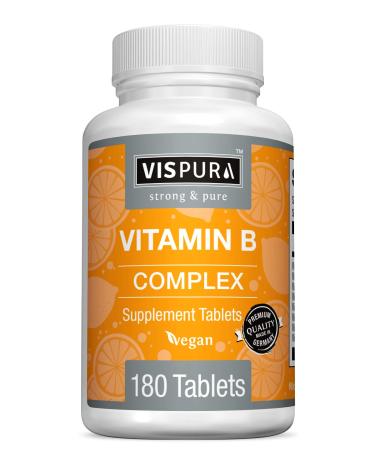
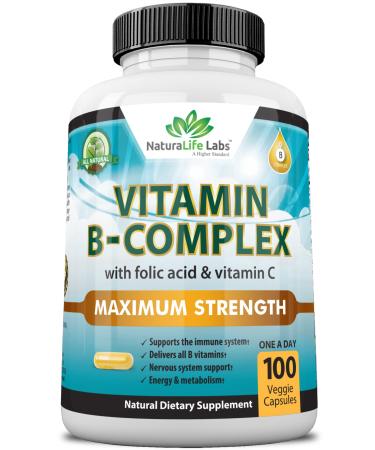
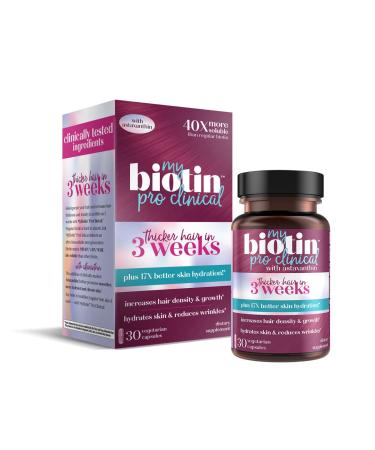






![Stewart Freeze Dried Dog Treats Made in USA [Single Ingredient Puppy and Dog Training Treats - Grain Free Natural Dog Treats] Resealable Tub to Preserve Freshness](https://www.gosupps.com/media/catalog/product/cache/25/small_image/375x450/9df78eab33525d08d6e5fb8d27136e95/6/1/61gwbbixarl._ac_sl1500_.jpg)
